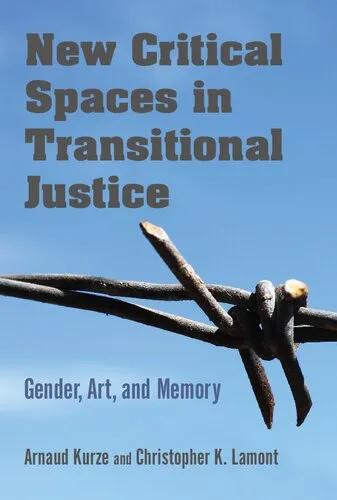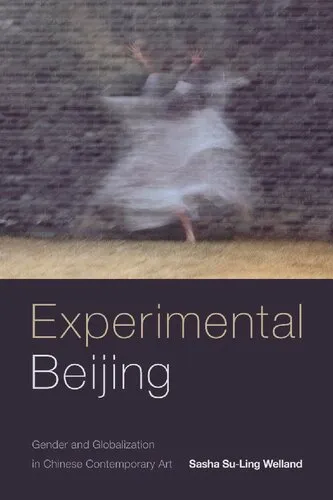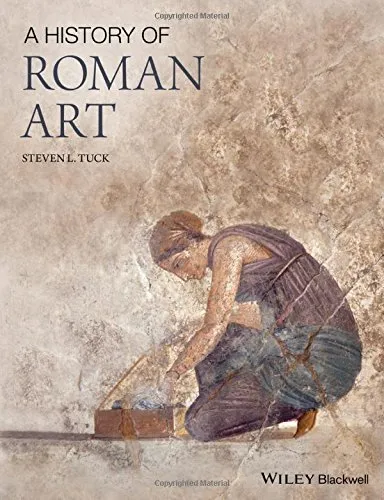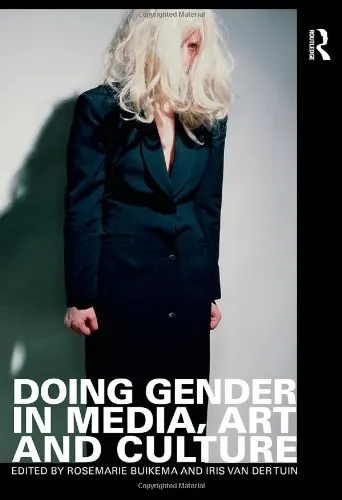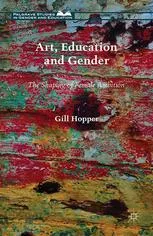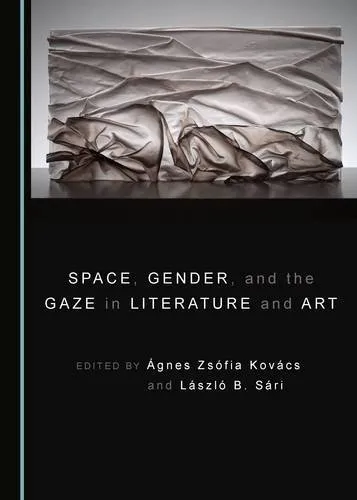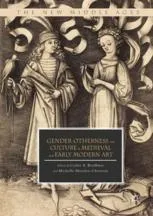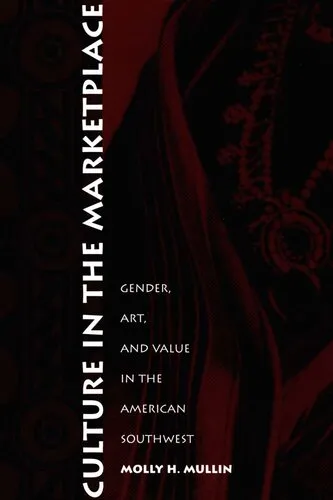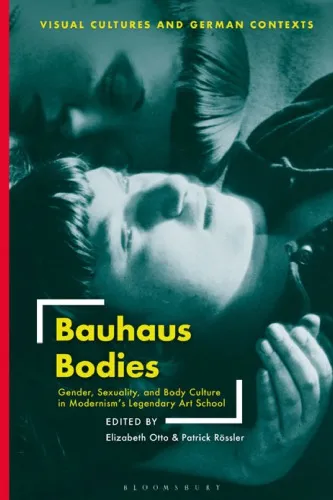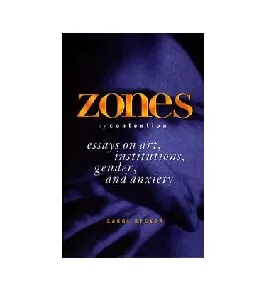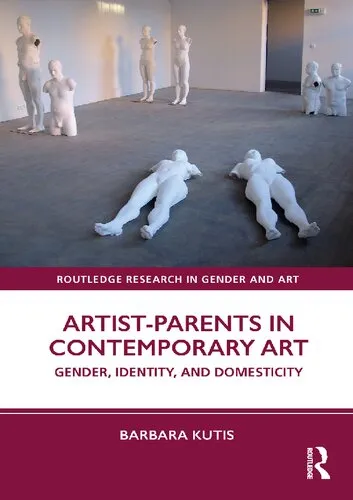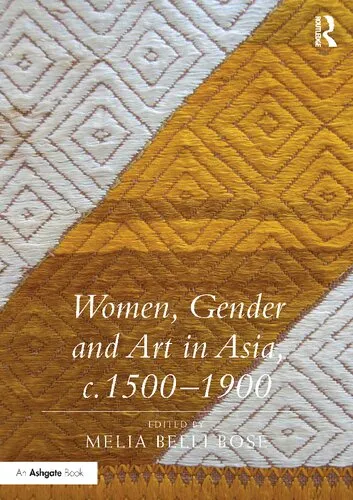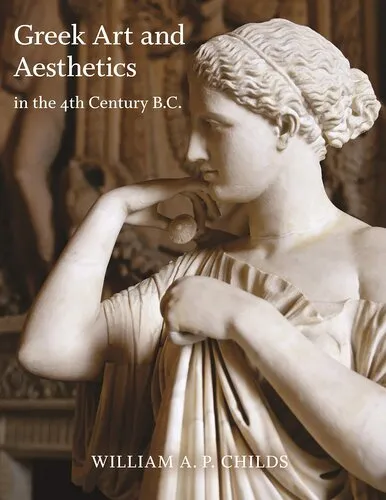New Critical Spaces in Transitional Justice: Gender, Art, and Memory
4.5
Reviews from our users

You Can Ask your questions from this book's AI after Login
Each download or ask from book AI costs 2 points. To earn more free points, please visit the Points Guide Page and complete some valuable actions.Related Refrences:
Introduction to 'New Critical Spaces in Transitional Justice: Gender, Art, and Memory'
"New Critical Spaces in Transitional Justice: Gender, Art, and Memory" is an innovative exploration into the nuanced realms of transitional justice, highlighting often-overlooked aspects such as gender dynamics, the role of art, and the power of collective memory. Edited by Arnaud Kurze and Christopher K. Lamont, this book brings together a diverse array of perspectives, contributing to a deeper understanding of the complex processes of healing and justice after conflict and human rights abuses.
Detailed Summary of the Book
Transitional justice seeks to address the legacies of massive human rights abuses as societies move towards peace and democracy. While much of the traditional discourse has focused on legal and institutional frameworks, "New Critical Spaces in Transitional Justice" expands this by delving into the less conventional but equally critical areas of gender, art, and memory. These areas offer profound insight into how societies remember and heal from past traumas.
This book is divided into thematically organized sections, each contributing unique scholarly perspectives. The first section explores the gendered dimensions of transitional justice. By examining gender-specific harms often neglected in mainstream narratives, it underscores the importance of including gender justice as part of the broader transitional justice framework. The second section investigates the transformative power of art in dealing with past abuses. It reveals how visual and performative arts contribute to healing, offering new ways to comprehend and cope with collective trauma. The final section is dedicated to memory and its role in shaping transitional justice outcomes, exploring how collective memory can be both a tool for reconciliation and a source of continued conflict.
Key Takeaways
- Transitional justice must be inclusive of gender perspectives to address the full spectrum of human rights violations.
- Art plays a vital role in processing trauma and can serve as a catalyst for community healing and dialogue.
- The manipulation and preservation of collective memory are crucial for both justice and reconciliation processes.
- The interdisciplinary approach offers fresh insights, challenging traditional narratives in transitional justice.
Famous Quotes from the Book
"Incorporating gender perspectives in transitional justice is not merely about adding women’s voices; it is about transforming the discourse to truly understand the gendered impact of conflict and repression."
"Art, as a medium, transcends the boundaries of traditional justice mechanisms and offers a sanctuary where trauma can be expressed, understood, and healed."
"In the realm of transitional justice, memory serves as both a bridge for reconciliation and a battleground for truth."
Why This Book Matters
"New Critical Spaces in Transitional Justice" is a significant contribution to the field, pushing the boundaries of traditional transitional justice paradigms. It acknowledges that legal approaches alone are insufficient to address the complexities of post-conflict societies. By incorporating gender, art, and memory, the book offers a more holistic understanding of transitional justice, expanding the toolkit for practitioners, scholars, and policymakers. The integration of these elements not only enriches theoretical debates but also has practical implications for designing more effective and inclusive justice mechanisms.
This book matters because it challenges entrenched paradigms and brings to light the voices and experiences often marginalized in transitional justice processes. It acts as a call to expand our understanding of justice beyond the courtroom, inviting a more inclusive dialogue that recognizes diverse experiences and forms of expression.
Free Direct Download
You Can Download this book after Login
Accessing books through legal platforms and public libraries not only supports the rights of authors and publishers but also contributes to the sustainability of reading culture. Before downloading, please take a moment to consider these options.
Find this book on other platforms:
WorldCat helps you find books in libraries worldwide.
See ratings, reviews, and discussions on Goodreads.
Find and buy rare or used books on AbeBooks.
1422
بازدید4.5
امتیاز0
نظر98%
رضایتReviews:
4.5
Based on 0 users review
Questions & Answers
Ask questions about this book or help others by answering
No questions yet. Be the first to ask!
